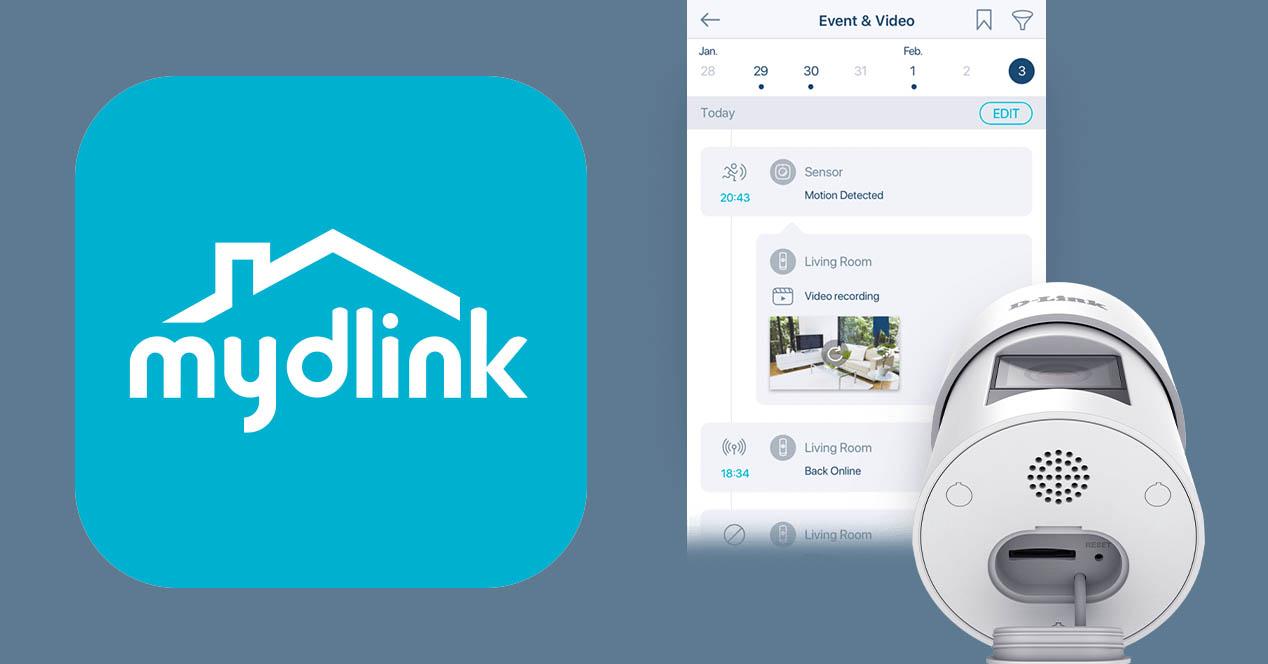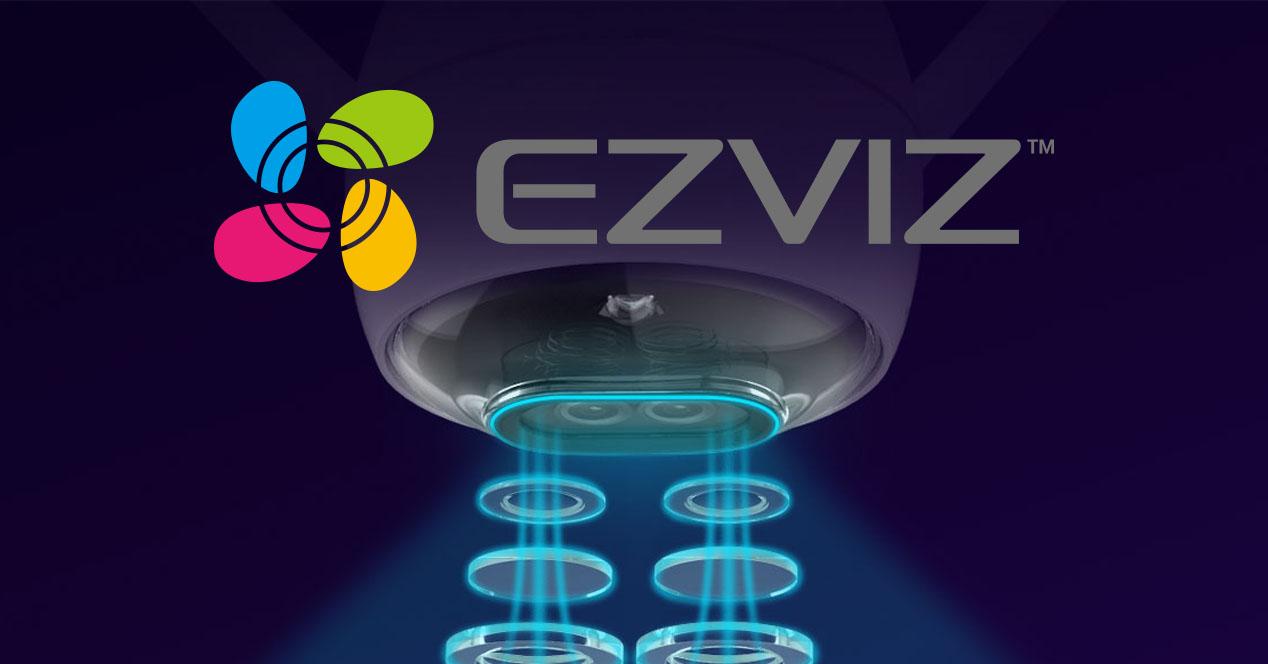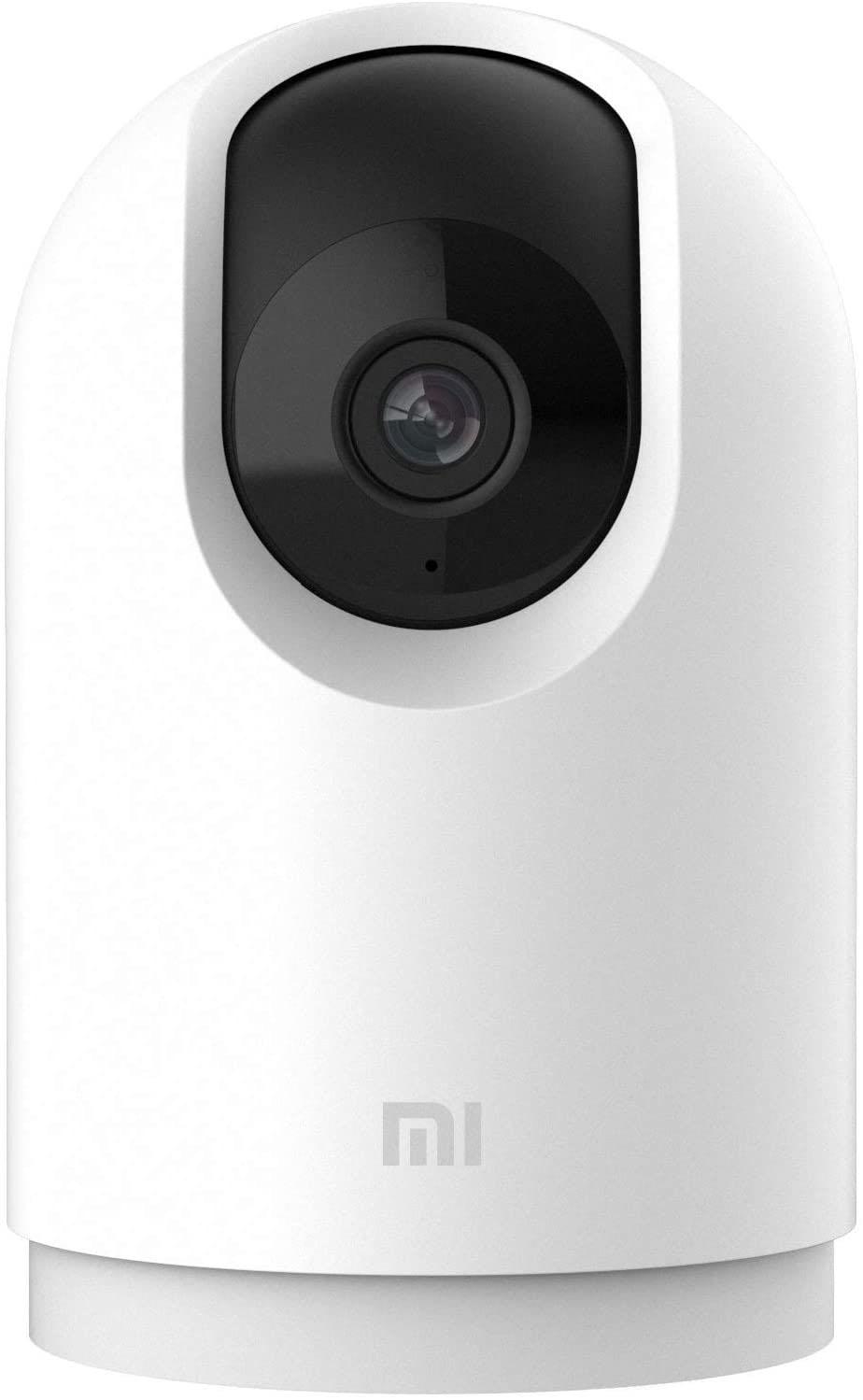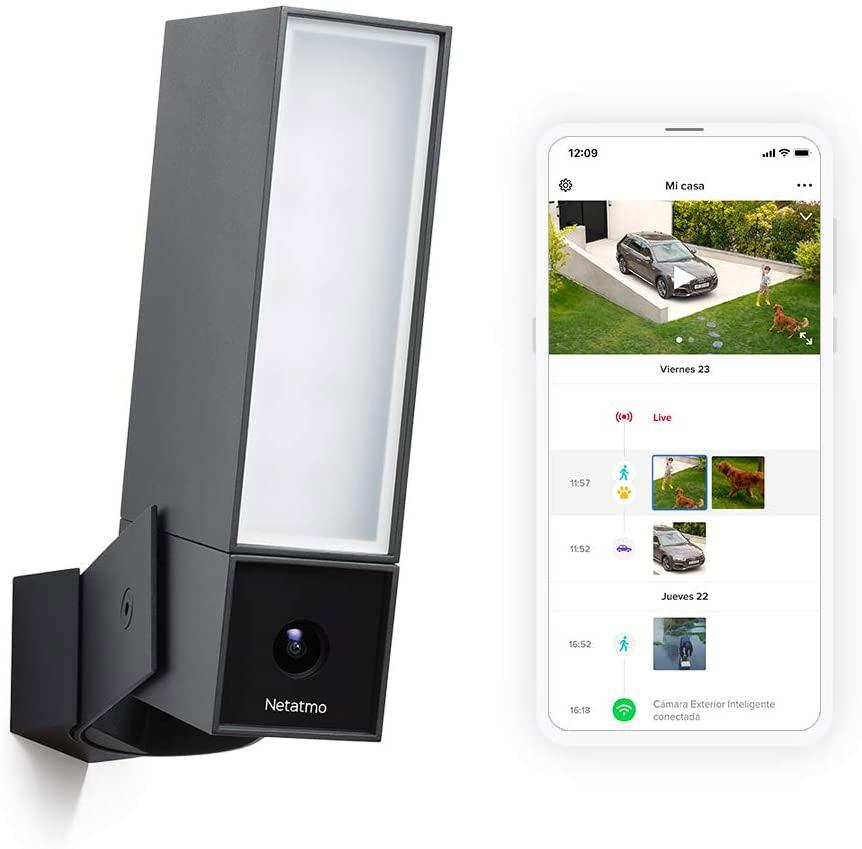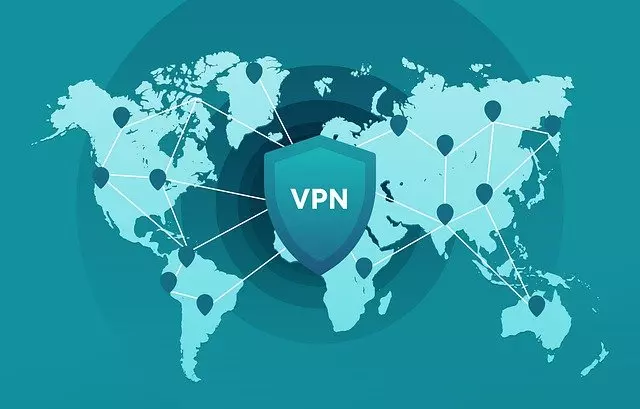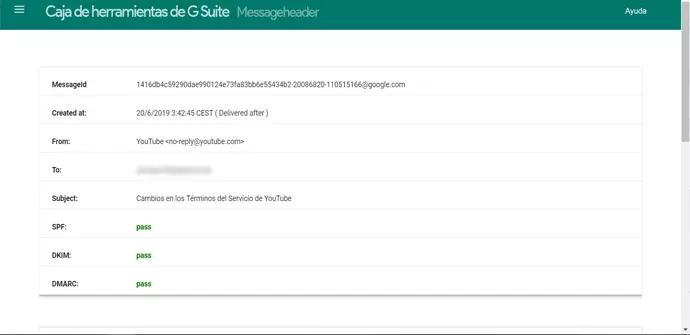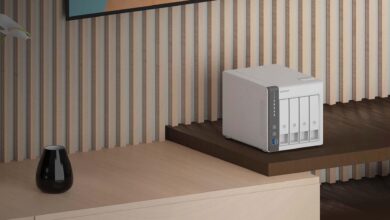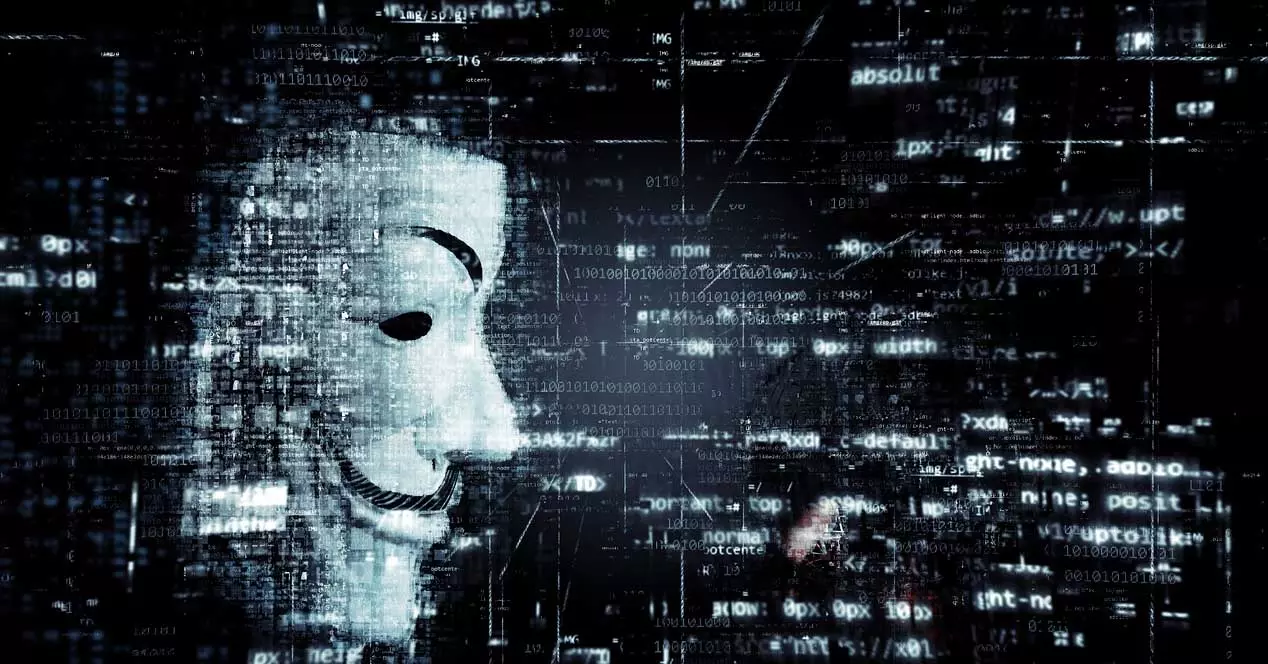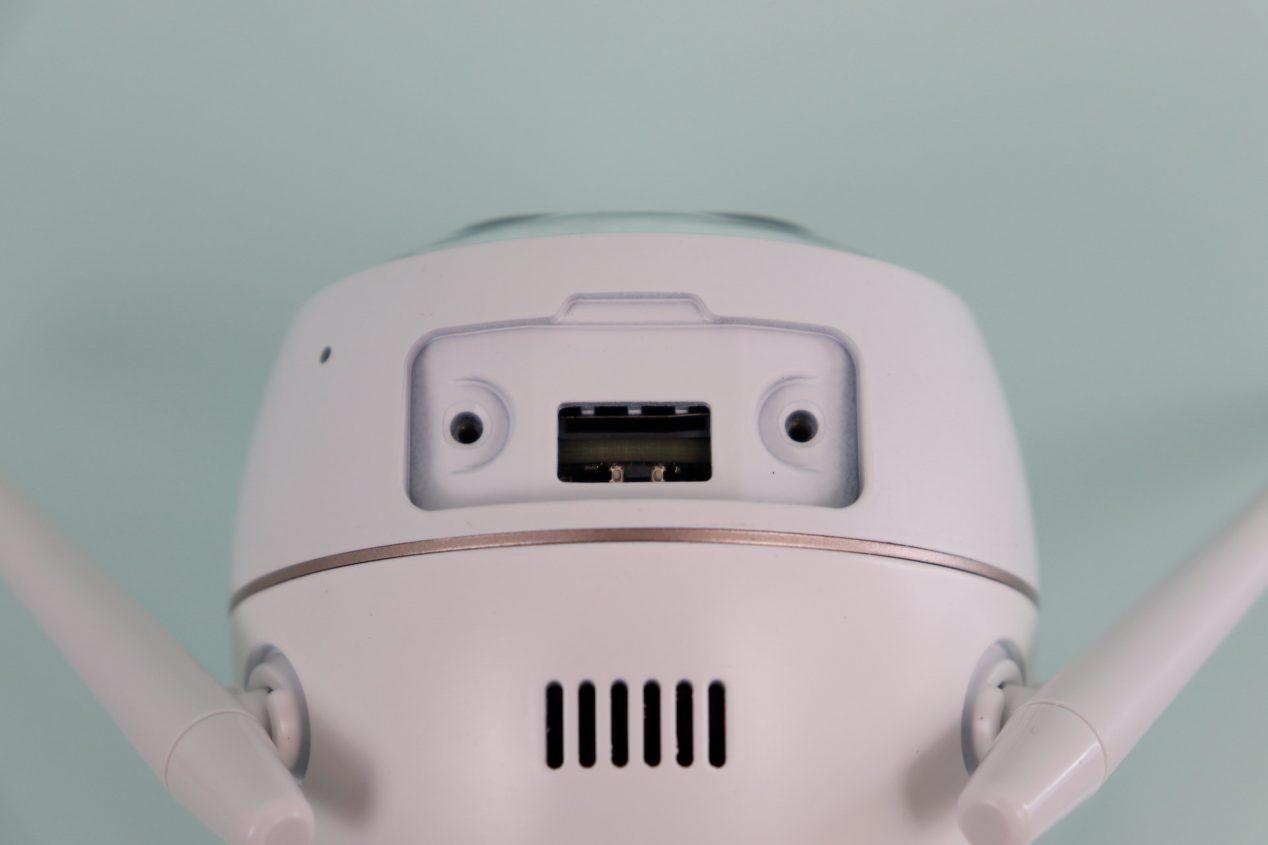
NAS server manufacturers such as QNAP, Synology or ASUSTOR, have completely free applications for their servers in order to provide their customers with the possibility of setting up a real video surveillance system at home. Some of the main options we have available are the possibility of seeing the camera live and from any connection, continuous recording, recording only if movement or sound is detected, and we can even add a layer of artificial intelligence that these programs have to detect people. These NAS would act as if they were an NVR (Network Video Recorder), but with many more functions and possibilities than the typical NVR.
Is recording solution has its strengthsas the following:
- Continuous recording of everything that happens, so you can go back and review all the recordings in detail.
- Possibility of recording only when there is motion and/or sound detection.
- We can detect people and faces if the software incorporates an artificial intelligence that recognizes this.
- We can use an NVR as dedicated hardware to store all the recordings, or a NAS server that has the necessary software for it.
- We have the possibility of configuring backups in real time to the cloud of Google Drive, Dropbox or to another NAS server, to double or triple the recordings.
However, not everything is perfect with this way of recording, here are the weak points:
- Some knowledge of servers and networks is needed to configure it, so we could say that it is a “complicated” solution.
- The hardware, be it NVR or a NAS is expensive, it is an added cost to the cameras. If you already had it from before, perfect, otherwise, making a high outlay is not within everyone’s reach.
- If the NAS or NVR is at home, and the thieves take it, we will not have the recordings, they will have been stolen.
As you can see, this solution has very interesting advantages, but the difficulty and cost may not compensate us.
Recording of video clips on micro SD card
Today the vast majority of domestic cameras have a slot for inserting a micro SD card, thanks to this feature, we will be able to store video clips inside it with the aim of reviewing all the recordings later. At all manufacturers this is always free, since the storage of the videos is done by us locally, the manufacturer’s cloud or its servers are not used at any time. Some cameras support up to 64GB of storage but other higher end models support up to 256GB capacity micro SD cards. This form of storage is very simple and suitable for all users due to its simplicity and cost.
The strengths of recording to micro SD card of the camera are as follows:
- We will record and store the videos locally, for maximum privacy.
- We record only video clips, there is no continuous recording, once the micro SD is full it will start deleting the oldest video clips.
However, we also have certain negative points you should know:
- There is no continuous recording, only video clips that “jump” by motion and/or sound detection.
- If the camera is stolen, they will take the micro SD and we will be left without recordings.
Undoubtedly, the biggest problem is that they break in to steal and take the recordings, it will be useless to have bought an IP camera if you cannot see the images in this case.
Recording of video clips in the manufacturer’s cloud
Many manufacturers in recent years have incorporated the possibility of recording video clips in the manufacturer’s cloud, that is, the video clips recorded by the camera by motion and/or sound detection will be stored on the servers of the company that owns the the camera, and we can see all these videos from anywhere, we will only need to have access with the application and our user credentials. This is a very useful solution to prevent a thief from taking the recordings made on the micro SD card, or on the NVR that we can install in our home.
The strengths of cloud recording are the following:
- We record and store the videos in the cloud, there are manufacturers that allow us to encrypt them, which increases our privacy.
- We only record video clips with the interesting, there is no possibility of continuous recording.
- In principle, there is no space limit, although we do have certain conditions such as only clips from the last week, last month, etc. will be stored.
- If the camera is stolen, the video clips will still be there and we can see what has happened in the house.
However, we also have a negative point that we must highlight:
- Most manufacturers do not offer this service for free, we have to pay a monthly or annual fee, either per account per IP camera that we register in the cloud.
We believe that the recording of video clips in the cloud is the easiest, cheapest and most effective way to save video clips recorded by motion and/or sound detection, in fact, we have several cameras with this type of recording and we are delighted.
Manufacturers with free cloud recording
Currently there are many manufacturers that offer cloud recording, although few of them have cloud recording completely free. Some of these manufacturers offer a completely free recording period, but after this time, we will have to pay a premium subscription if we want to continue with this functionality that is so interesting for home security.
D Link
This manufacturer has recently changed its cloud recording policy, until a year ago we had completely free cloud recording with limitations both in time and in the number of cameras that we could register. Now, if you buy any IP camera from the manufacturer and we add it to our mydlink account, automatically we will enjoy 1 year of recording in the Cloud totally free, not just for the camera you bought and just set up, but for your entire account. We will be able to configure up to 3 cameras simultaneously with free cloud recording, as was the case previously.
Is free cloud recording has its limitations, we can only store the last 24 hours of recorded video clips, and it allows us a maximum of 3 cameras. However, it is a really interesting feature to consider before buying a camera from other manufacturers. In case you are interested in acquiring the paid subscription, here are the conditions:
- BASIC: up to 7 days of video clip storage, with up to 3 cameras and is only worth €25 per year.
- Premium: up to 14 days of video clip storage, allows up to 5 cameras, for €50 per year. This is the plan that we have had at RedesZone for several years.
- Pro: up to 30 days of video clip storage, allows you to configure up to 10 cameras, for only €100 per year.
We must bear in mind that these prices are at the user account level, other manufacturers are at the IP camera level.
EZVIZ
The manufacturer EZVIZ is another of the “big” when it comes to IP cameras. In this case we are going to have it totally free for 30 days when registering a new IP camera from the manufacturer, its service is called Cloudplay and when we start the trial period, we can have a history of video clips of up to 7 days of video events. video. This service is compatible with all the manufacturer’s cameras, both entry-level and top-of-the-range models. A very important aspect is that some top-of-the-range models of the brand provide cloud recording totally free forever, but it is something that we must look at very carefully because it seems more like a promotion than something “forever”.
In the case of EZVIZ, there are different plans, but all of them are oriented for an individual camera and not for the entire account as was the case with D-Link. Cloudplay plans are as follows:
- Essential: up to 7 days of video clip storage, a single camera and is worth €50 per year.
- Advanced: up to 30 days of video clip storage, a single camera and is worth €100 per year.
- Pro: there is a professional plan where we pay a subscription and we can add up to 4 cameras, this is perfect if you have 2 or more cameras because it is cheaper. We can choose between 7 or 30 days of recordings.
As you can see, the EZVIZ solution is somewhat more expensive than D-Link, but the Pro version is quite interesting if you have 2 or more cameras from the manufacturer in your home.
Xiaomi
The popular manufacturer Xiaomi offers a free Cloud recording, with the possibility of storing and viewing video clips recorded up to 7 days ago. Of course, all the recorded video clips are due to motion and/or sound detection, as was the case with D-Link and EZVIZ, since we do not have the possibility of continuous recording.
The cameras also usually have a slot for micro SD cards, in this case, through the same app we can go back as long as we want, but the camera will give priority to SD storage over the cloud, therefore , we recommend you not to put a micro SD card so that all the recordings are stored in the cloud. Something that you should keep in mind is that the duration of the video clips last only 10 seconds, so it could be insufficient in some cases.
NETATMO
NETATMO is a manufacturer that incorporates cloud recording in its domestic cameras, but not recording in its own cloud, but directly in an external service such as Dropbox. This solution is quite smart because we have a lot of storage space, only the video clips where movement and/or sound has been detected will be uploaded, we do not have continuous recording, but it is totally free.
Another possibility of these cameras from the manufacturer is that we can upload the video clips to an FTP server, either a local FTP or one that is in the cloud, so we have two possibilities to leave the video clips in a very safe place, ideal so that no one can steal the recorded videos and have all the evidence.
As you have seen, depending on the camera manufacturer we have one policy or another regarding recording in the Cloud.
